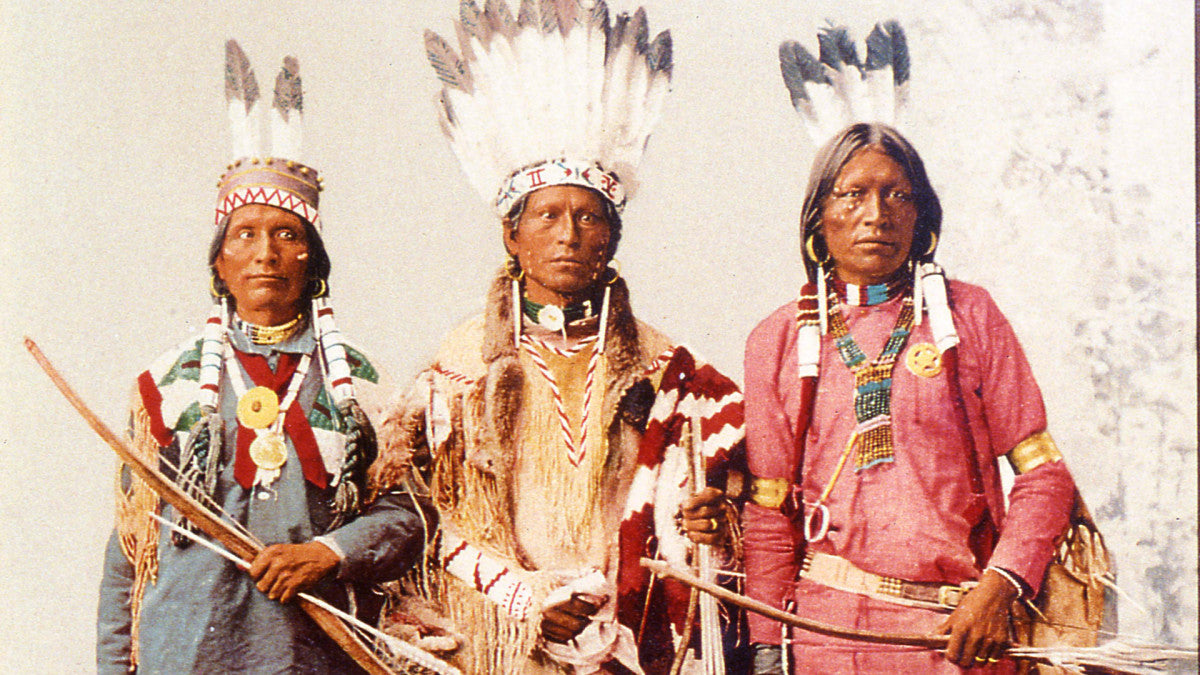Cannabis finally makes way into the New World, just in time to cast England's spotlight upon it.
Like her greedy European neighbours, England eyed the New World as well.
Spain's conquistadors were sending a stream of gold and silver booty from the Aztec and Inca Empires. The English believed that they too could become rich by looting the native empires to the north of the Spanish colonies. There was also the possibility that this northern part of the New World might contain a passageway to the South Seas that would take English ships on to the East Indies and their treasures. With colonies established in the New World, England could control such a passageway and would thereby be assured of a virtual monopoly in any trade with the East.
The bad news is that "The dream" never materialised.
There was no gold, no silver, no passageway to the Indies. There was, however, a different kind of wealth to be extracted from the Americas. The natives were willing to exchange furs—beaver, otter, seal, deer—for example. The country was thick with trees; the waters were teeming with fish. The possibilities for trade were boundless. And by promoting the production of raw materials in the New World badly needed at home, England might become self-sufficient.

Sir Walter Raleigh became especially excited at the prospect of harvesting hemp in the American colonies as early as 1585 after Thomas Heriot, his friend and tutor, told him that he had seen a hemp like plant growing wild in what was to become Virginia. Heriot's hemp, however, was Acnida cannabinum, a plant which also yields a fiber suitable for weaving, but one that is far inferior in strength to Cannabis. Even when the American variety of hemp proved not to be the same as that grown in Europe, the possibility of raising cannabis in the American colonies sent imaginations soaring. If only the energies of the colonists could be directed towards raising hemp, England might yet free herself from her heavy commercial debts.
The first settlers who founded the colony at Jamestown, Virginia, in 1607, however, did not make the long journey across the Atlantic to become hemp farmers. Like most Englishmen, they came to America in the belief that the country abounded in gold and silver. These early colonists expected to make a quick and easy fortune and planned to return home as soon as possible. When they found no gold or anything else of material value, they became so discouraged they refused to work to support themselves. Had it not been for the friendliness of the Indians who gave them food and showed them how to raise some basic crops, they would have starved to death.

The colonists were indifferent to the royal proclamation. They cared as little about raising hemp as they did any other crop. Yet by 1616, colonist John Rolfe could boast that the inhabitants of Jamestown had raised hemp "none better in England or Holland." However, Rolfe had also begun to experiment with growing tobacco, and it was not long before the demand for American tobacco was greater than anyone could have anticipated. Faced with a choice between raising tobacco and becoming rich or complying with the Crown's wishes that they grow hemp, the colonists planted tobacco in every nook and cranny of the Jamestown settlement.
In 1682, Virginia tried to encourage hemp production by making hemp legal tender for as much as one- fourth of a farmer's debts. Similar laws were enacted by Maryland in 1683 and by Pennsylvania in 1706. While these laws and bounties had the effect of increasing hemp production throughout Virginia and Maryland, very little hemp ever found its way into English ports. If there was any extra hemp in the colonies, Yankee merchants wanted it. Hemp was so scarce in the north that supply could not keep up with demand and New England mer-chants were prepared to buy all the available hemp they could get their hands on.
This Hemp Blog Article was written using bits & crumbles from
“Marihuana The First Twelve Thousand Years”, by Ernest L. Abel

Leave a comment